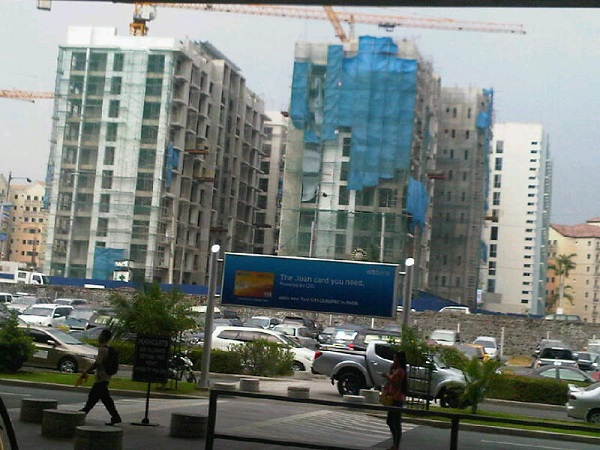Think tank warns of property bubble

A damaging bubble in the country’s property sector may be forming due to record-low interest rates, according to British think tank Institute of Chartered Accountants in England and Wales. PHOTO BY RICK ALBERTO
MANILA, Philippines–A damaging bubble in the country’s property sector may be forming due to record-low interest rates, according to a British think tank.
In a report this week, Institute of Chartered Accountants in England and Wales (Icaew) warned that property prices in the country’s central business districts already stood at record highs.
“While inflation is relatively low and economic policymakers are keen to maintain rapid growth, property prices in Manila’s financial district—already at a record high—are projected to rise 8 percent this year,” the firm said in a report prepared by the Center of Economics and Business Research (CEBR).
“Strong growth underpinned by low interest rates is stoking fears of a property bubble,” Icaew added.
Despite having risen of late, interest rates in the Philippines remain well below historical averages due to the excess cash now circulating in the economic system. This flood of money was brought on by higher levels of foreign investment as well as the country’s growing economy.
Latest data from the central bank showed that money supply grew by 23 percent in June—nearly double the 12 to 15 percent range considered normal by monetary authorities. Bank loans were up 20 percent.
Icaew called on policymakers to avoid artificially inflating consumer demand to avoid causing price spikes in asset markets.
“It is important that economies with already high consumption rates, such as the Philippines, take care to avoid artificially raising the standard of living,” the firm said. “Allowing credit growth to offset weak wage growth in lower earnings groups may ultimately raise the number of non-performing loans. And this, in turn, could result in increased risks of another financial crisis.”
The think tank’s warning comes amid efforts by the BSP to curb excess exuberance in the real estate sector.
Last year, the BSP expanded its definition of banks’ exposure to real estate to include both loans and investments in property companies as regulators sought to gain more information on the industry.
Earlier this year, the BSP likewise restricted banks anew, linking their lending activities for real estate to their capitalization levels.
